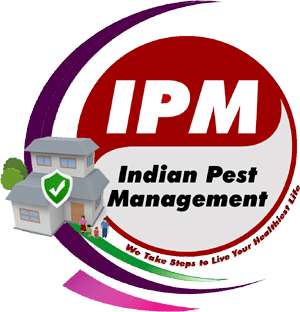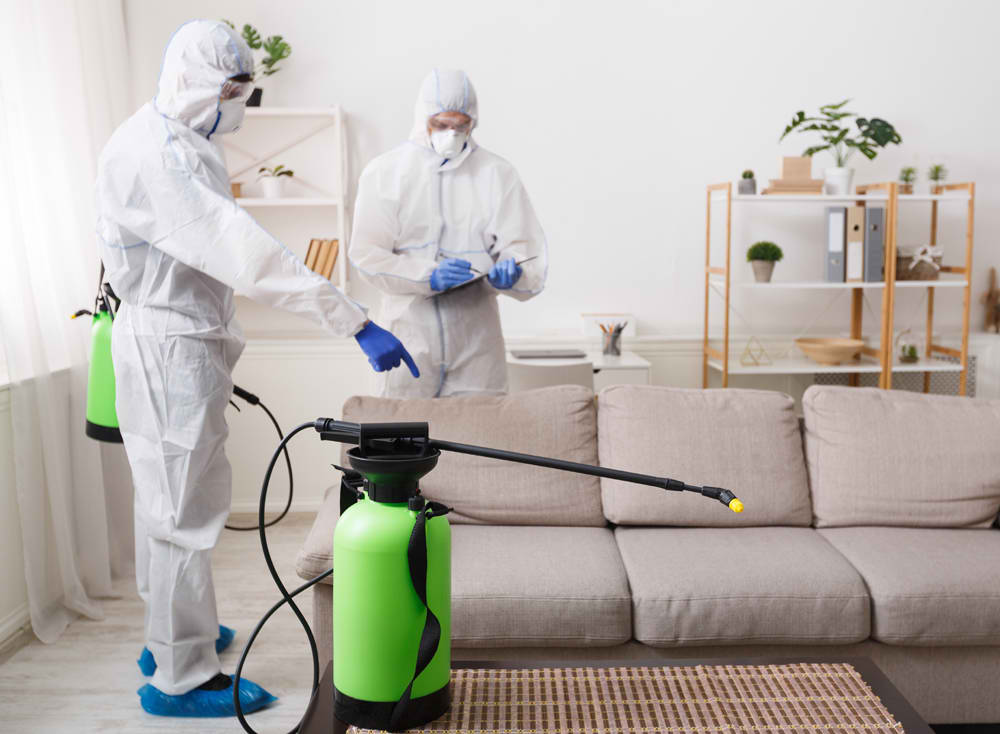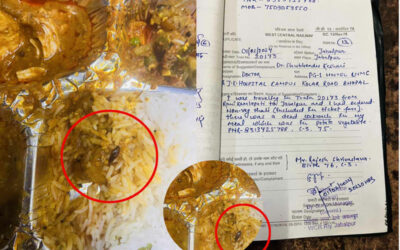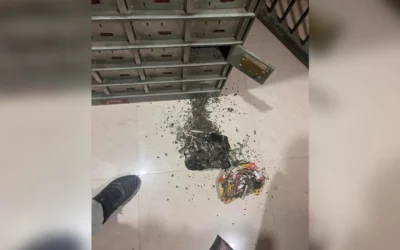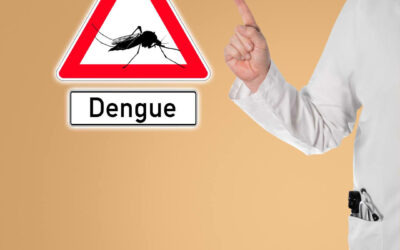Have you noticed a musty smell or strange noises coming from your walls? If so, your home may be dealing with some hidden pests or moisture issues. While these issues can seem like small problems, they can lead to larger problems if not treated quickly and properly. Luckily, with the right solutions and precautions, it’s possible to protect your home from these risks. An infestation of pests such as termites, ants, cockroaches, and other types of creepy crawlies is one of the most common threats to homes. Pests thrive in moist environments with little natural light and plenty of food supply. They often enter homes through spots like foundation cracks or plumbing gaps where there is moisture.
What Are The Signs of Pests in Your Home?
There are a few signs of pests in your home that you’ll want to keep an eye on. First, you may notice a strange smell that isn’t coming from your cleaning products or food. This is often a sign of pests living in your insulation and can be accompanied by small black bugs in your home. If you notice small holes in the walls or floors of your home, you may have an infestation of termites. If you notice ants, spiders, or other insects, they could be a sign of an infestation. You may also notice a number of pests, especially around your kitchen or bathroom. If you notice any of these signs in your home, it’s best to call in a pest control professional to check for an infestation.
How Does Moisture Affect Your Home?
A few signs of moisture in your home that you’ll want to look out for include discoloration, crumbling, and rotting of the drywall, warped wooden floors, and the growth of mold and mildew. Moisture in your home is often caused by a few different things: – Improperly draining plumbing pipes or a clogged/blocked drain – A broken or clogged roof or gutter – A broken or clogged chimney or fireplace – Poor insulation – A buildup of ice dams on your roof during winter – A lack of proper ventilation – A lack of proper insulation – Inappropriate landscaping or a poor drainage system around the exterior of your home – Poor construction – Etc.
What Can Be Done to Fix the Root Cause of the Problem?
If you know the root cause of your moisture problem, you can work to fix it to stop future issues. If you have a clogged drain, you can try to clear it by yourself or hire a plumber to fix the problem permanently. If you have a broken roof or gutter, you’ll want to hire a professional to make the necessary repairs. If you have ice dams on your roof, you can use special equipment to remove the ice and snow. If you’re unsure of the cause of your moisture problem, you can contact a contractor to check your home and make repairs as needed. You can also try to lower your indoor humidity levels by running fans and opening windows during dryer months and seasons.
Possible Solutions to Repel Pests
There are a few things you can do to repel pests like keeping a clean, tidy house with plenty of ventilation and sealing cracks, gaps, and holes where pests can enter your home. You can also choose to use natural pest repellents like cedarwood, peppermint, Eucalyptus, and citrus oils. These will help keep pests away from your home while also smelling great. You can make homemade sprays using these essential oils and some water. You can also try using pest-repelling sprays or plug-ins made with natural ingredients. If you have pests in your home and don’t know how to get rid of them, you can hire a professional pest control company to deal with your pest problem for you.
Possible Solutions to Combat Moisture
If you’re dealing with an excess of moisture in your home, you’ll want to first rule out plumbing issues as a source of the problem. If your plumbing is in good condition, you’ll want to try and increase the air flow in your house to help evaporate the moisture. You can open windows and use fans to pull the moist air out and replace it with dryer air. You can also increase the ventilation in your home by installing an exhaust fan in your kitchen and bathrooms. You can also try to lower your indoor humidity levels by running dehumidifiers when necessary. You can also try to combat the moisture with a good air conditioning and heating system.
Conclusion
Thankfully, pests and moisture problems are easy to spot and can usually be solved with a little research and elbow grease. If there are pests in your home, you can repel them by cleaning up your home and sealing gaps and holes where pests can enter your home. If there’s an excess of moisture in your home, you can combat it by trying to increase the air flow or running dehumidifiers where necessary.
